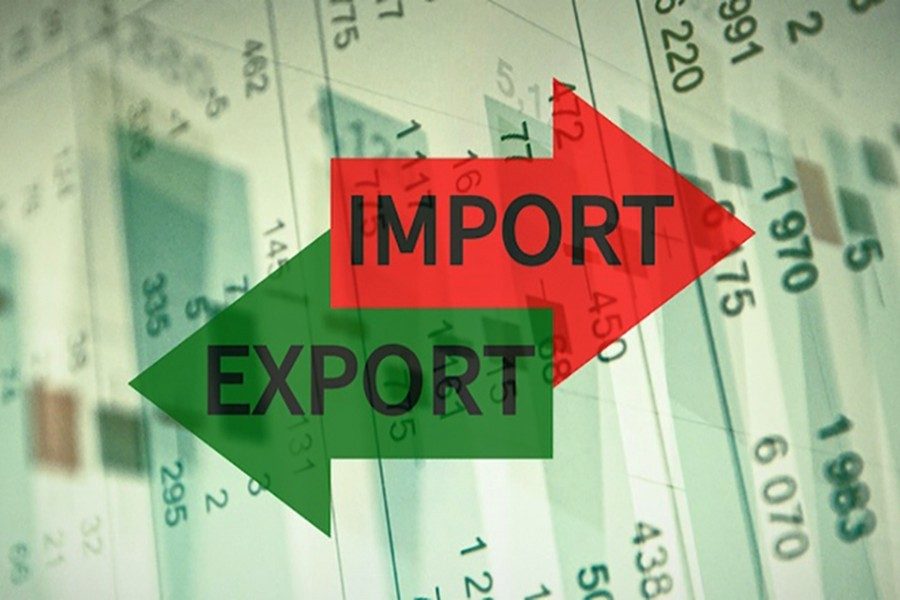The Syrian Minister of Economy, Samer al-Khalil, recently talked about the signing of many agreements with a number of “friendly countries” and the activation of the barter system for goods and commodities to secure materials that are not produced locally, which raises questions about the effectiveness of this financial system in providing the country’s needs.
The Presidency of the Council of Ministers approved the Economic Committee’s proposal on 5 December to open export markets for surplus goods and locally produced commodities to the markets of “friendly countries.”
The Cabinet also approved the proposals of the Ministry of Economy and Foreign Trade, which include cooperation with federations of Chambers of Agriculture, Industry, and Commerce, to expand the establishment of exhibitions for the direct sale of agricultural and industrial products in “friendly countries” to increase the volume of exports.
It also agreed to secure a transport ship to mitigate the high costs of shipping exported products to the target countries, especially Russia, and to launch a program to support Syrian industrial and agricultural exports to Russia for a period of six months.
The Minister of Economy stressed that exporting production surpluses from the local market contributes to securing foreign exchange for the continuous import of many necessary basic materials and commodities and operating production facilities with “acceptable” production capacities.
Weak export reality
The Minister of Economy, al-Khalil, said regarding the status of exports that he would communicate with the Iraqi side to allow Syrian trucks to enter Iraqi territory again and to form a committee from the ministries of economy, transport, and finance to communicate with Jordan to discuss issues related to the “transit fee.”
Meanwhile, Fayez Qasouma, member of the Damascus Chamber of Commerce and former head of its export committee, complained that the economic committee’s most recent proposals on export are “outdated.”
The Syrian ship to ship Syrian products, especially citrus fruits, to Russia has been wanted for about 25 years, he added.
Qasouma stated that transporting the commercial container to Russia needs to be transported to Lebanon first and then loaded onto the ship, which requires an additional two thousand dollars for each container.
He pointed out that the varieties that were successfully exported to Russia are lemons, red oranges, pomegranates, and winter eggplants.
With regard to exporting to Iraq, Qasouma explained that for about 11 years, the government of the regime has been communicating with the Iraqi side to allow Syrian trucks to enter Iraqi territory again.
He also considered that if this proposal was implemented, shipping costs would be reduced because the transportation of goods from Syrian trucks to Iraqi ones would lead to their damage.
Ayman Joban, director of border crossings at the International Federation of Goods Transport, confirmed that the fuel crisis and the rise in the exchange rate negatively affected the export movement, especially across the Jordanian-Syrian border, describing the Syrian fleet as “almost suspended.”
Joban mentioned that truck drivers and goods transport companies face many difficulties in the export movement from the Jordanian side.
Joban pointed out that the Syrian truck stops at the Jordanian Nassib Jaber crossing to transfer its goods to a Jordanian or Arab truck after “the Jordanian side imposed high fees,” which exposes the goods to damage.
Last August, Mohammad al-Akkad, a member of the Vegetable and Fruit Traders and Exporters Committee, announced that Syrian exports to the Gulf countries decreased by about 50% during that period. Regarding the reasons for the decline in exports, Yasser Akram, a member of the Board of Directors of the Damascus Chamber of Commerce, said that the increase in costs delays exports, explaining that the rise in energy prices has a significant impact on all stages of the commercial movement from production to export.







